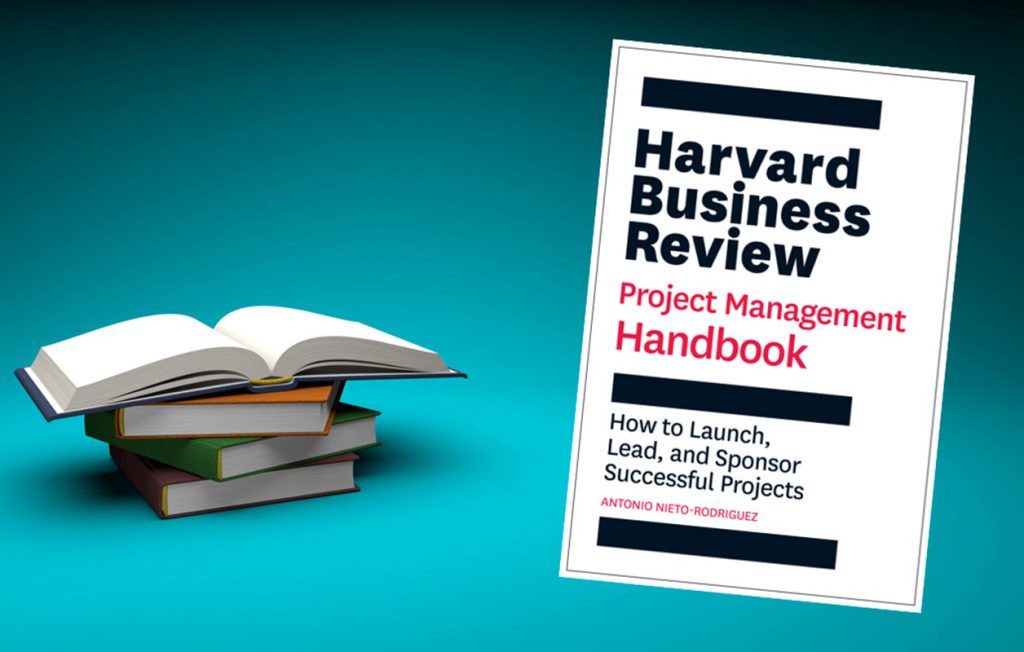Empowering people to take action is the key to the success of the global economy, a Harvard Business School Asst. professor said at the Forum of International Organizations on the Future of Education, Science and Culture in Riyadh.

Andy Wu, Asst. professor of business administration specialist at Harvard Business School, told a panel on the first day of the forum: “Success in the global economy, both in terms of profit and impact, is not about what you do, it’s about what What are you doing .” allow others to do.
The panel discussed strategies for stimulating innovation in organizations and companies around the world. Wu emphasized the need to build innovative cultures and ecosystems that empower people to do their best work and give them the freedom to be creative.
Professors and experts from around the world virtually joined the discussion during the panel. Wu has spent the past 10 years teaching and advising technology companies on the cutting edge of innovation. These companies now drive the global economy and shape education, science and culture globally, she said. The assistant professor highlighted three aspects crucial to enabling others to have a global impact: standards, tools and forums.
“First, you need to take the lead and set standards for your industry. It’s as much about technology standards for how information moves as it is about cultural standards for how we do business,” he said.
Wu added, “Second, you need to build tools that enable others to do their jobs effectively. Third, you need to bring people together in forums like this.”
Aline Gatignon, an assistant professor of management at the Wharton School at the University of Pennsylvania, told the panel that cross-industry partnerships could address systemic societal problems.
The value of cross-sector alliances lies in their ability to bring together a variety of players, pooling complementary resources and generating innovative results, added Gatignon. “This is imperative if we want to solve problems or big challenges like achieving the Sustainable Development Goals that go beyond what any single sector or industry can tackle alone,” he said.

Cross-industry partnerships need to involve different types of expertise, but they come with increased expense and time investment, Gatignon added. ‘These differences that are really needed to generate innovative results also create huge coordination costs,’ he said.
Tina Ambos, professor of international management at the University of Geneva, told the panel: “There is general agreement that the Sustainable Development Goals will not be achieved without the rapid pace of innovation through cross-sectoral efforts.”
Innovation can only affect change if it’s scaled appropriately, she added. “So we took a deeper look at the scaling processes of this innovation and found it deeply embedded in ecosystems, particularly when we look at those types of digital innovations,” he said.
Both stressed the need to create deeper innovation systems in the global marketplace and warned that international organizations cannot address the world’s most pressing problems alone.

Comments